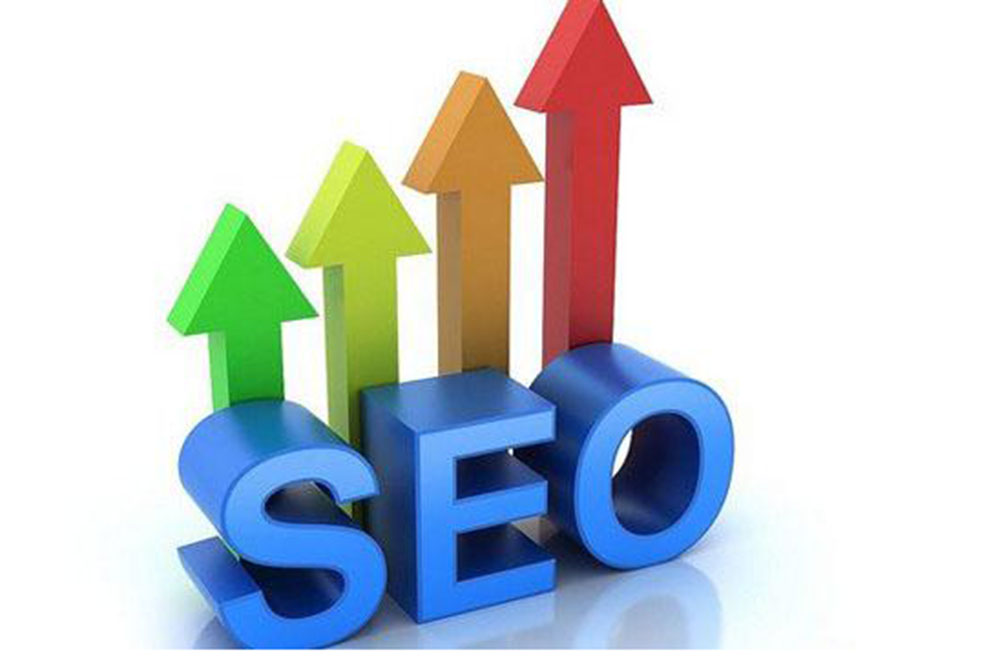When it comes to SEO, businesses face a critical decision: should they handle it in-house or outsource it to an agency? Both approaches have unique advantages and drawbacks, particularly in terms of cost and performance. Understanding these differences can help you make an informed choice for your business.
Cost Comparison: In-House vs. Outsourced SEO
In-house SEO requires hiring full-time employees, which includes salaries, benefits, and training costs. While this offers direct control over strategies, the expenses can add up quickly, especially for small businesses. On the other hand, outsourced SEO involves paying an agency a fixed fee or retainer, often with scalable pricing. This can be more cost-effective, as agencies bring expertise without the overhead of full-time staff.
.jpg)
Performance and Expertise
In-house teams work exclusively for your company, allowing for deeper alignment with business goals. However, they may lack the breadth of experience that agencies offer. Outsourced SEO agencies specialize in staying ahead of algorithm changes and industry trends, often delivering faster results. The trade-off is less day-to-day control over campaigns.
Flexibility and Scalability
Scaling in-house SEO requires hiring additional staff, which can be slow and costly. Outsourcing provides flexibility, as agencies can quickly adjust resources based on your needs. This makes it ideal for businesses with fluctuating SEO demands.
Long-Term Strategy Considerations
In-house SEO fosters institutional knowledge but risks stagnation without external insights. Outsourced SEO keeps strategies fresh but may lack the intimate understanding of your brand. A hybrid approach—combining in-house oversight with agency expertise—can sometimes offer the best of both worlds.
Ultimately, the choice depends on your budget, goals, and internal capabilities. By weighing the costs and performance of each option, you can select the SEO strategy that maximizes your return on investment.
.jpg)
.jpg)
.jpg)

.jpg)